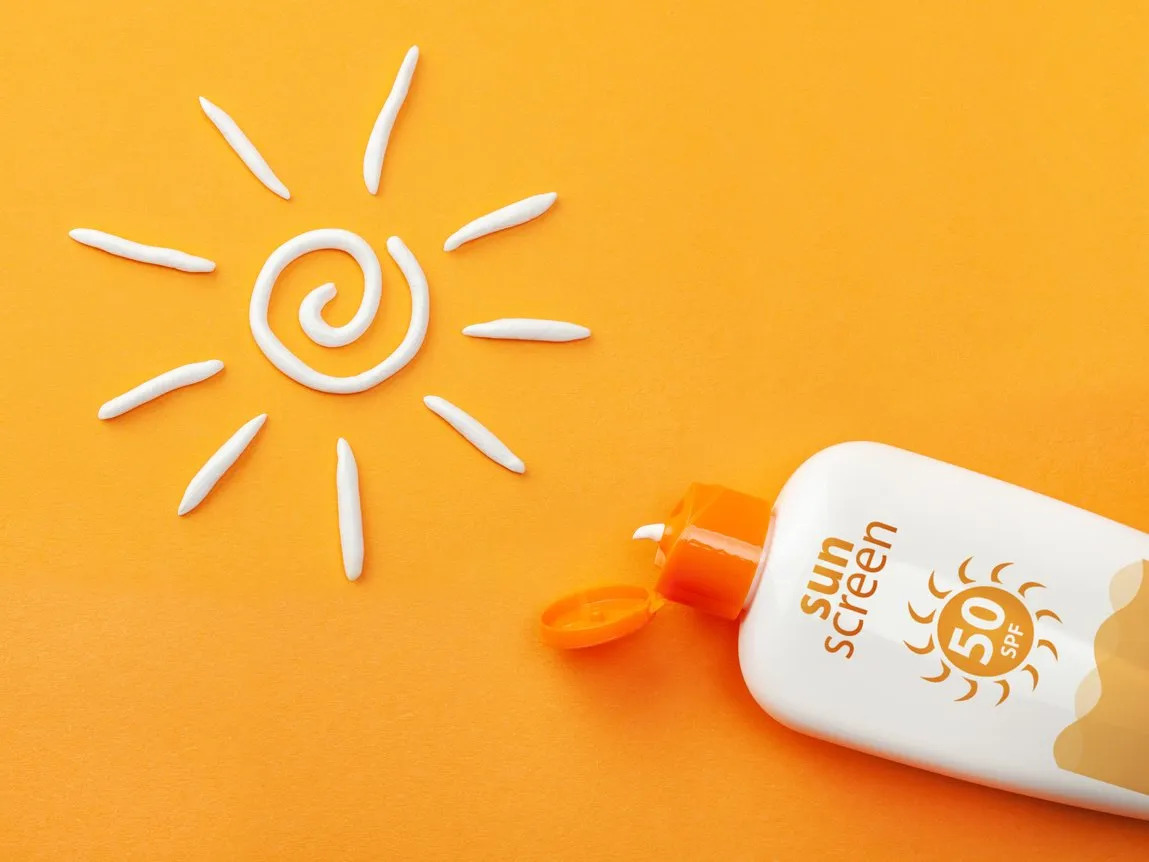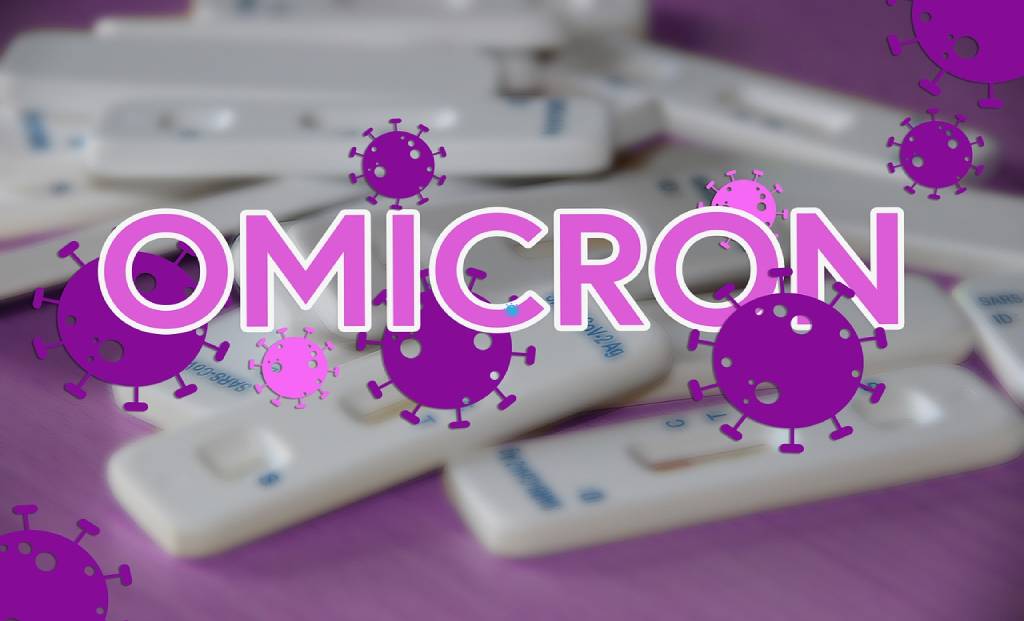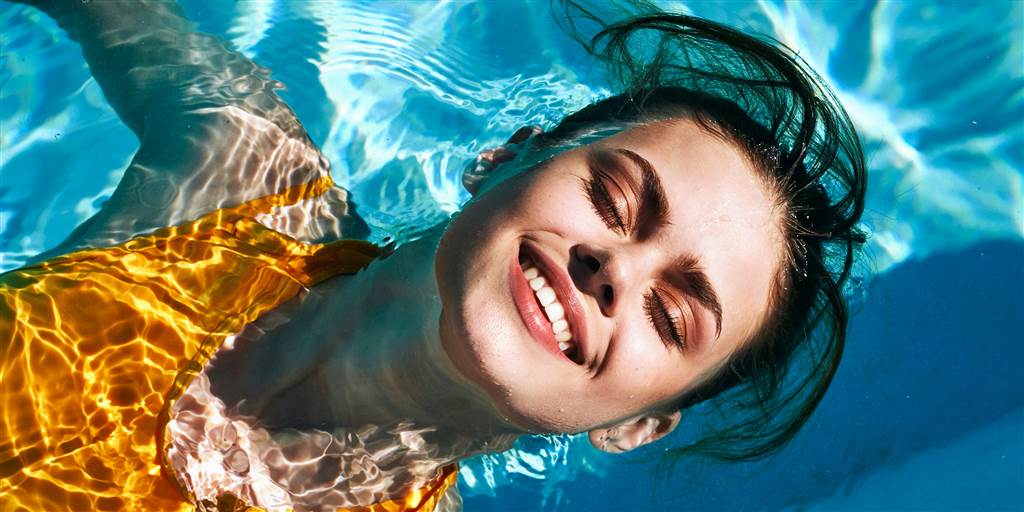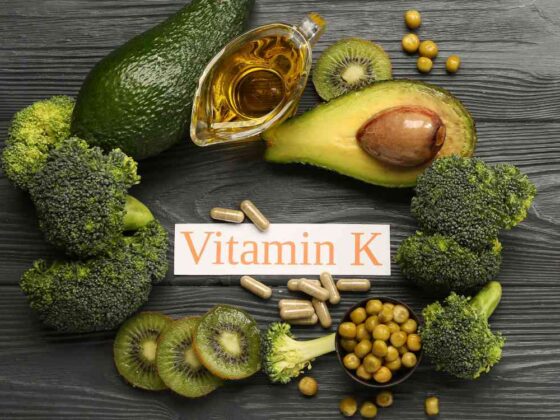Shattering the Notion: Darker Skin Needs Sunscreen Too
Sunscreen has become a staple in skincare, revered for its ability to shield the skin from harsh UV rays while preserving its youthful glow. However, amidst its popularity, several misconceptions have clouded its true essence. In this article, we aim to debunk common sunscreen myths, offering clarity and insight into optimal sun protection.
The Melanin Misperception: A False Sense of Security
A prevalent misconception suggests that individuals with darker complexions require less sunscreen due to higher melanin levels. While melanin offers some natural defense, it falls short in providing comprehensive protection against UV radiation. Dermatologists universally recommend applying sunscreen with an SPF of 20 to 25 regardless of skin tone, underscoring the importance of safeguarding all skin types.
Sunscreen’s Limited Scope: Addressing Tanning Woes
Another common myth revolves around sunscreen’s ability to eradicate existing tan. While sunscreen does impede further tanning to some extent, it does not possess the power to reverse or remove tan altogether. For effective tan removal, targeted products or home remedies are the preferred solutions.
Sunscreen Total Cancer Prevention: Unmasking the Truth
Debunking a significant fallacy, sunscreen is not the sole panacea for preventing skin cancer. Although overexposure to the sun elevates the risk of skin cancer, avoiding peak sunlight hours and utilizing protective measures like umbrellas can offer substantial defense. Sunscreen, while pivotal, is part of a broader sun-safety strategy.
The Frequency Factor: Dispelling Once-a-Day Application
A misconception that endures is the belief in applying sunscreen only once daily. Sunscreen’s effectiveness diminishes over time due to factors like sweat and outdoor activities. Regular reapplication every three to four hours ensures consistent protection against harmful UV rays.
Sub Headline 6: Make-up Mirage: Rethinking SPF in Cosmetics
With make-up products touting SPF over 30, many assume they can replace sunscreen. However, experts caution against this notion. Make-up with SPF lacks the same potency as dedicated sunscreen, and its coverage is often limited to exposed areas like the face. Opting for standalone sunscreen offers comprehensive coverage for all exposed skin.
The Water-Resistant Illusion: Understanding Sunscreen Durability
Contrary to popular belief, there’s no such thing as truly waterproof sunscreen. Water-resistant variants offer extended protection during water-based activities, but sweat and water eventually compromise their efficacy. Reapplication remains crucial, especially during strenuous physical activities.
Sub Headline 8: SPF Equation: Dispelling “Double Protection” Misconception
Many equate higher SPF values with exponential protection. In reality, SPF 30 blocks around 97% of UVB rays, while SPF 15 blocks 94%. Doubling SPF doesn’t double protection; it offers marginal gains. Comprehensive protection against UVA and UVB rays is pivotal for maintaining skin health.
Conclusion
Empowering Skin Health: Dismantling Sunscreen Myths
Sunscreen’s significance in skincare is undeniable, but misconceptions can hinder its efficacy. By dispelling these myths, individuals can make informed choices, embracing sun protection as a cornerstone of their skincare regimen. Knowledge empowers healthy skin practices, ensuring radiance and vitality for years to come.










